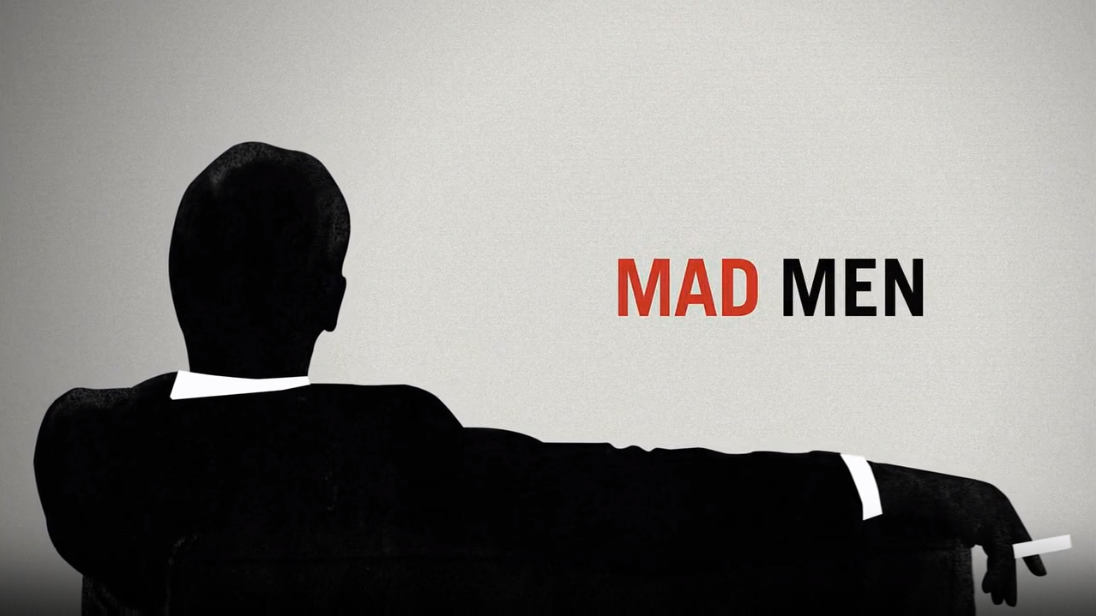In the world or advertising, it is not enough to simply follow the herd. You should always ask yourself how your competitors came to have their campaigns. Did they look at their competitors and say ‘Gee, that’s a swell idea!’ and then copy from them? They may have, if your competitors are at the bottom of the pile. However, have you ever thought to look up to the God’s and ask ‘How do I know what people want?’. If you have asked this question, then you are deserving of taking your place higher up the ranks.
The trouble is with only ever looking at your competitors, is that you’ll only ever be privy to sloppy seconds, and let’s face it, nobody wants that. So how do you come up with a campaign that will put you head and shoulders above the rest?
The answer is this: You must look into what makes you human. What is it that keeps you awake at night? What makes you fill the glass slightly more than those around you so that you can have just a little less reality for the remaining few hours in the hopes that you can cope with people speaking to you?
Why poetry?

If you’ve ever seen the now cult classic tv series Mad Men, then you may remember that in season 2, title character Don Draper is introduced to a book by an artsy guy in a bar. The book was Frank O’Hara’s 1957 anthology ‘Meditations in an Emergency’ and the purpose of its inclusion was to both highlight and separate the two sides of Draper himself; the creative, free-willed genius and the corporate, establishment suit. If you don’t remember the scene or have never seen it, here is the poem which was featured.
Mayakovsky
Now I am quietly waiting for
the catastrophe of my personality
to seem beautiful again,
and interesting, and modern.
The country is grey and
brown and white in trees,
snows and skies of laughter
always diminishing, less funny
not just darker, not just grey.
It may be the coldest day of
the year, what does he think of
that? I mean, what do I? And if I do,
perhaps I am myself again.
-Frank O’Hara
What, if anything, can be taken from this that could possibly help you with advertising and copywriting? The first thing is this: People are not always what they seem and most of us have certain representations of ourselves that we would like others to be able to see. Advertising doesn’t target who we are but who we want to be. The first and final stanzas of O’Hara’s poem illustrate this. In the first stanza, O’Hara says that he is ‘waiting for [his]…personality to seem beautiful again, and interesting, and modern.’ In a sense, he feels outdated, like Draper in the bar. He wants to feel that his personality is fresh to the people and world around him.
In the final stanza, O’Hara refers to himself in the third person when he writes ‘what does he think of that? I mean, what do I?’ This separates O’Hara from his sense of self, and so he views himself as others might view him. The Cartesian logic of the final stanza also illustrates one of the crucial elements of advertising. ‘I think therefore I am.’ In the traditional sense, this logic, overly simplified, means the only way of acknowledging self and the only thing you can be certain of, is of your own conscious. In advertising terms, it means that you can be what you think, which is why good advertising makes people think.
Making people think is what separates poetry from prose. The purpose of prose is to be descriptive and to deliver a narrative which can be digested with relative ease. Poetry, on the other hand, aims to take some of the essence of the thing being written about and convey it through language. In short, prose gives us descriptions, while poetry gives you feelings. Prose tells you what it’s like to feel pain and poetry punches you in the face.
The Road Not Taken

The choice between prose and poetry in advertising is one to bear in mind. You don’t have to start coming up with Shakespearean Sonnets to sell slimming shakes (although there’s definitely room for few puns in that area.). What you do need to think about, however, is how to get to your customers’ emotions as quickly as possible and developing an understanding of the key principles and techniques of poetry can enable you to do just that.
The Road Not Taken
Two roads diverged in a yellow wood
And sorry I could not travel both
And be one traveler, long I stood
And looked down one as far as I could
To where it bent in the undergrowth;
Then took the other, as just as fair
And having perhaps the better claim,
Because it was grassy and wanted wear;
Though as for that, the passing there
Had worn them really about the same,
And both that morning equally lay
In leaves no step had trodden black.
Oh, I kept the first for another day!
Yet knowing how way leads on to way,
I doubted if I should ever come back.
I shall be telling this with a sigh
Somewhere ages and ages hence:
Two roads diverged in a wood and I—
I took the one less traveled by,
And that has made all the difference.
-Robert Frost
In our next article, we’ll be focussing in more detail on the technical aspects of poetry that you can implement in your writing and we’ll take a look at some of the global business giants to see how they have used poetry to create their award winning slogans.

